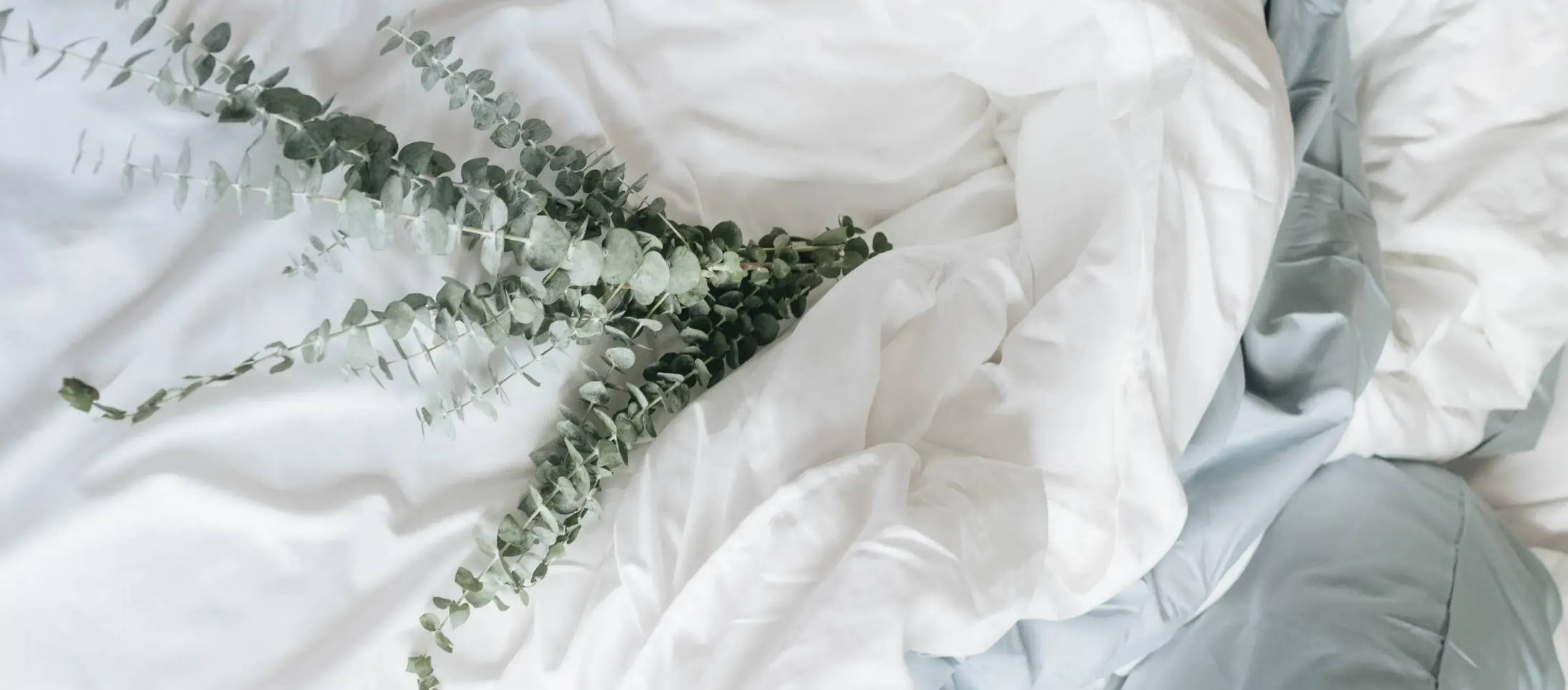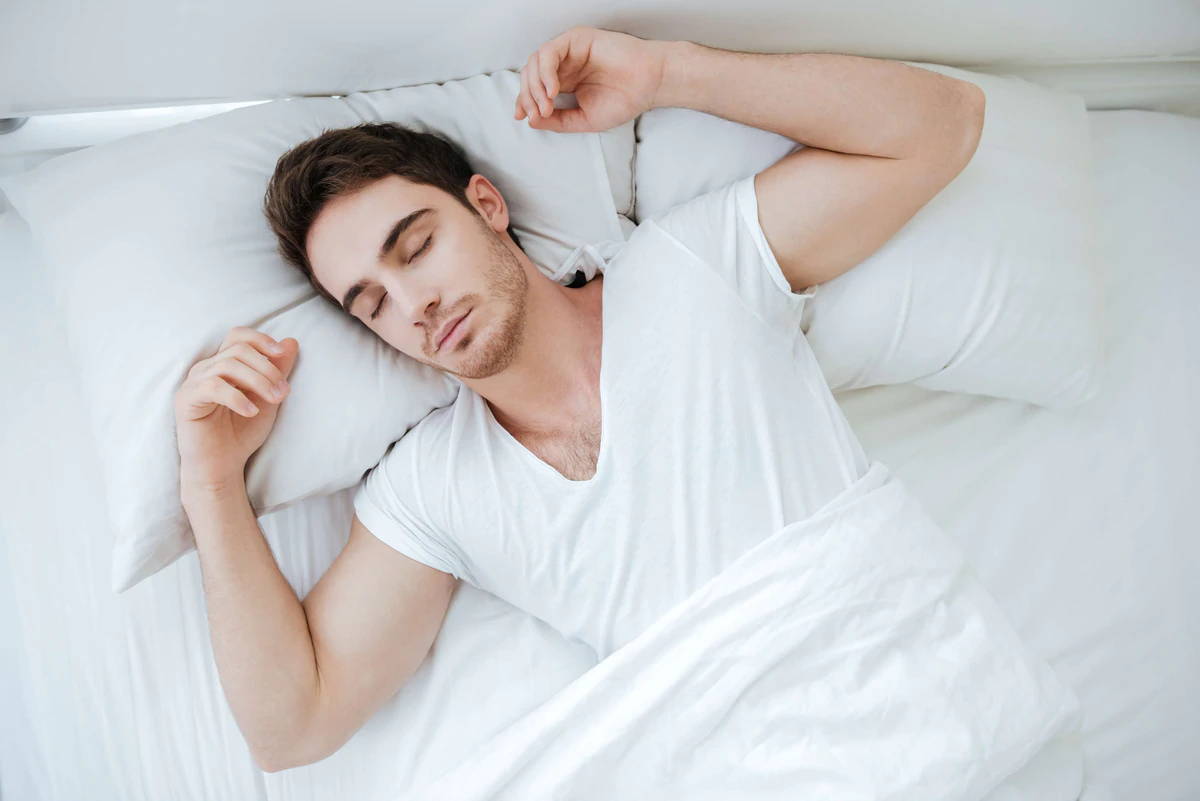Lyocell is sustainable fiber made from wood pulp using an advanced spinning process, and TENCEL™ is simply a brand name for a type of lyocell (think Band-Aid to bandages). There are many types of lyocell in the world, but Tencel tops as one of the most innovative types of lyocell.
The creation process of Tencel is unique in that Tencel is created through environmentally sustainable processes from natural raw wood, referred to as “regenerated cellulose”. This is a process by which raw wood is harvested, broken into wood pulp, dissolved in a chemical solvent, and then pushed through an extruder to form the fibers. The result? Fibers that are ultra plush and soft, like little wisps of cloud.
Fabrics made from Tencel Lyocell are recognized for their softness and ecofriendliness. Furthermore, Tencel is famous for its moisture absorption qualities (they’re 70% more absorbent than cotton). Since they’re more breathable and naturally anti-bacterial, they’re the perfect fabric for sleep.
Here are some of the most notable traits about Tencel lyocell:




1 comment
I have Bamboo sheets do these compare?
Julie Geel
Leave a comment
This site is protected by hCaptcha and the hCaptcha Privacy Policy and Terms of Service apply.